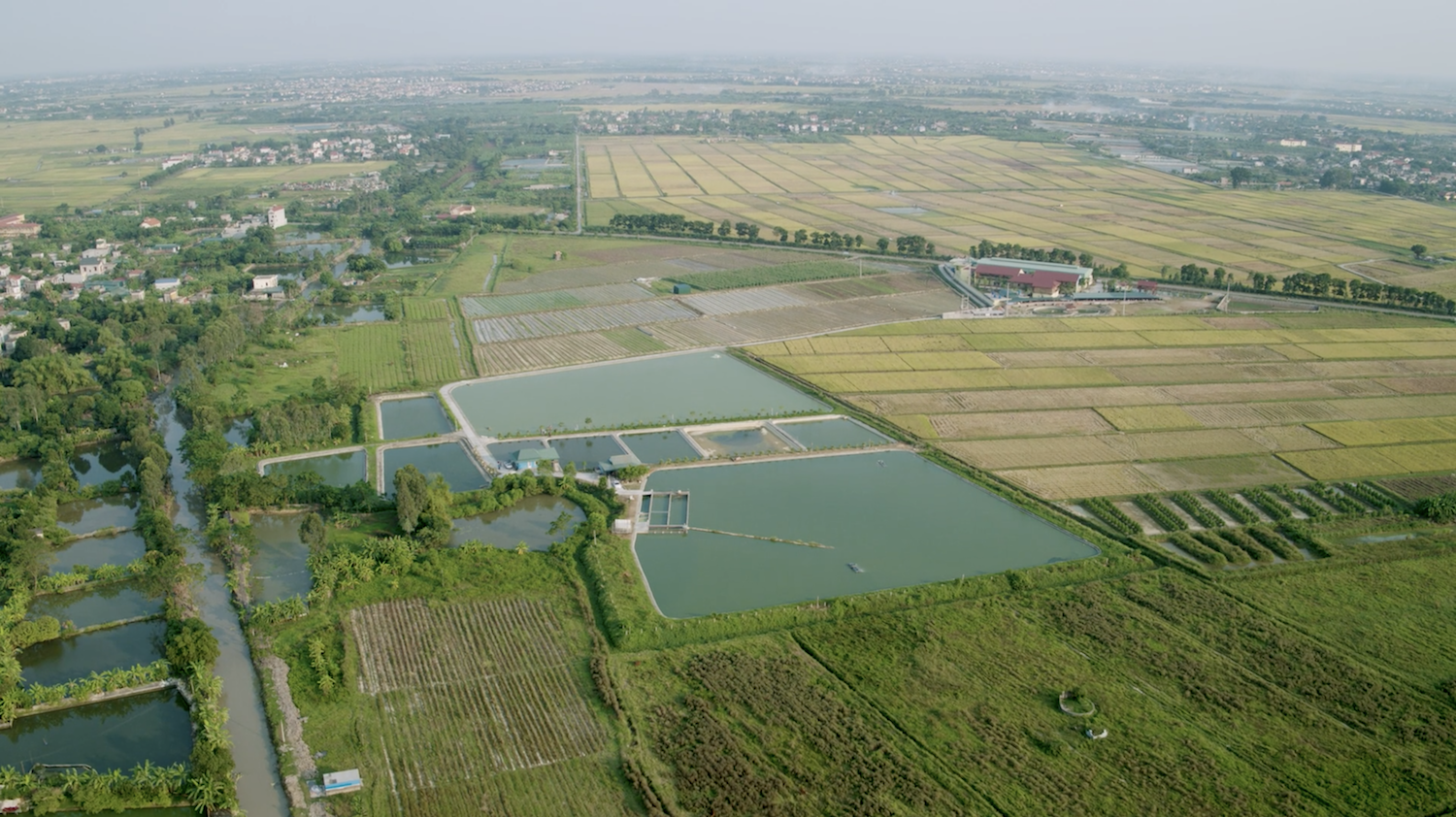Global Aquaculture Academy Launches In-Pond Raceway System (IPRS) Course
 The Global Aquaculture Academy has officially launched a new online course outlining the implementation process of in-pond raceway systems (IPRS) for pond aquaculture cultivation, as well as the technology’s benefits, equipment needed, production figures, and more. The course is comprised of a series of short videos, interviews from IPRS experts, and a quiz at the end to check information retention.
The Global Aquaculture Academy has officially launched a new online course outlining the implementation process of in-pond raceway systems (IPRS) for pond aquaculture cultivation, as well as the technology’s benefits, equipment needed, production figures, and more. The course is comprised of a series of short videos, interviews from IPRS experts, and a quiz at the end to check information retention.
Created in collaboration with the US Soybean Executive Council (USSEC), the goal of the course is to educate those who are interested in learning more about the benefits of IPRS, and exactly how to implement it. The course was filmed alongside the GAA Film Mimic the River, which explores the more human side of this technology and how it is improving local economies.
The in-pond raceway system is a pond production technology originally developed at Auburn University and Clemson University back in the 90s and early 2000s. It is a technology that essentially creates a moving water system within a pond, allowing farmers to put the fish into an enclosed area to grow them in a volume of up to 150 kilograms per cubic meter. IPRS technology grows fish in a raceway box that is installed in a pond, and produces 200-300% more fish than traditional pond technologies. This process recreates the fish’s natural environment, thereby producing an environment more in line with the fish’s physiological sweet spot.
“The benefit of using IPRS for the farmer is that it allows them to produce more on a particular pond system,” says Jesse Chappell, IPRS Technical Expert, USSEC. “This really works. It’s having an impact in many parts of the world, especially where water is already being compromised. The people who do this according to the protocol, I haven’t seen anyone yet that didn’t get the performance we described – not one.”
This course just one of the many offerings within the Global Aquaculture Academy. There are courses about topics ranging from social accountability, to environmental responsibility, and seafood safety.



